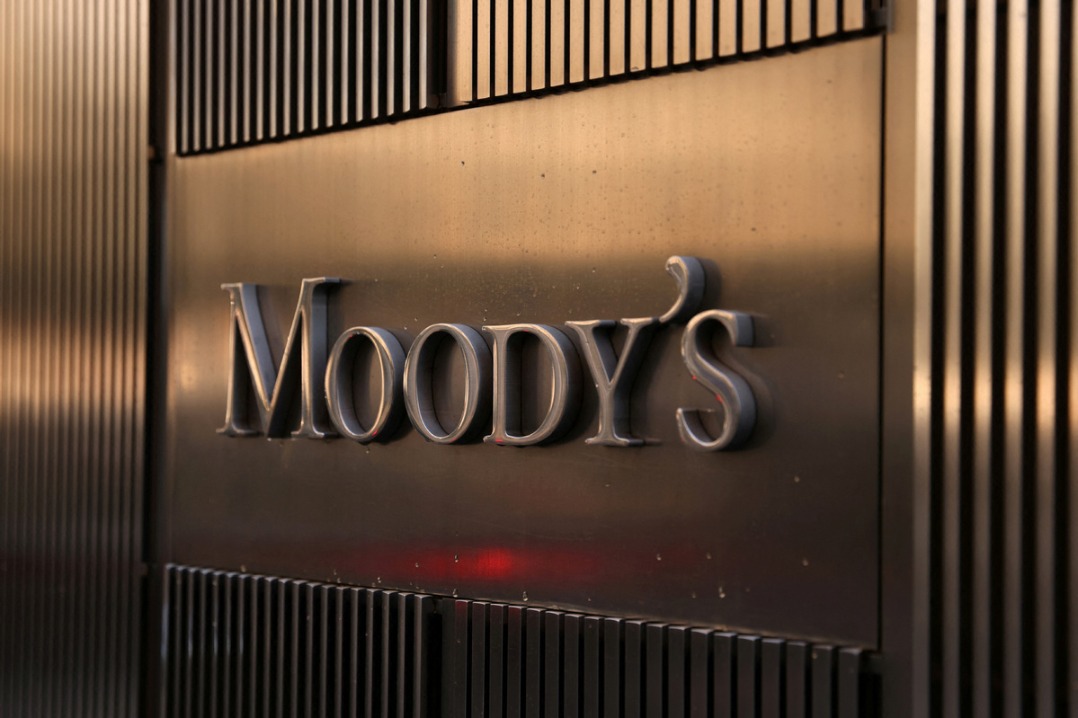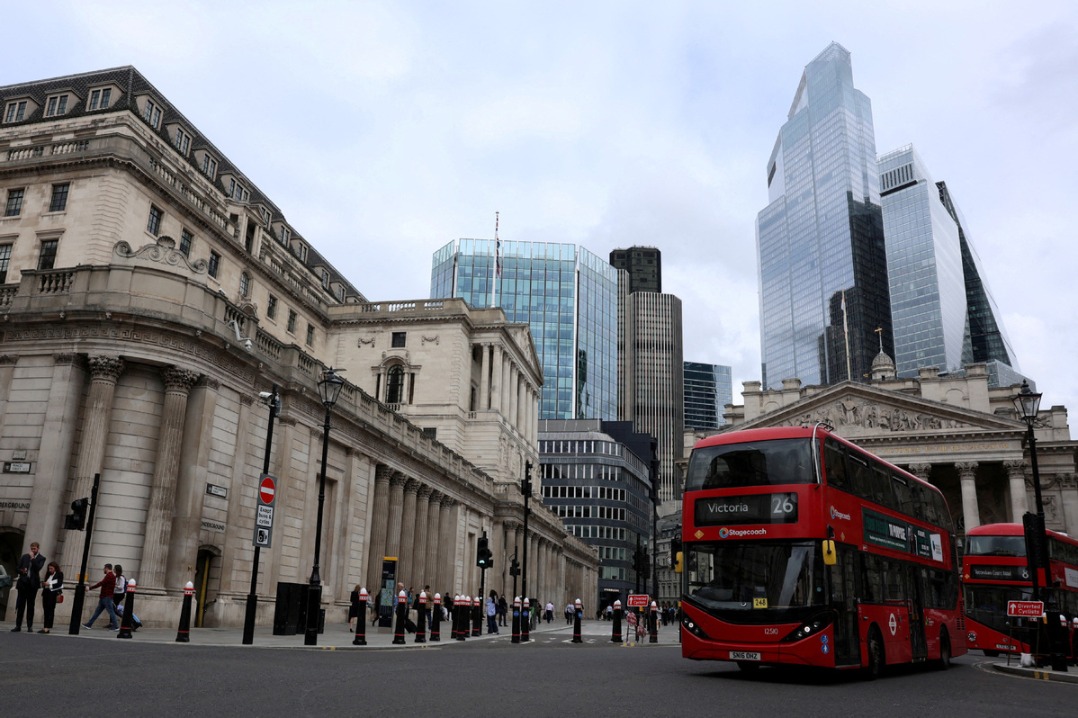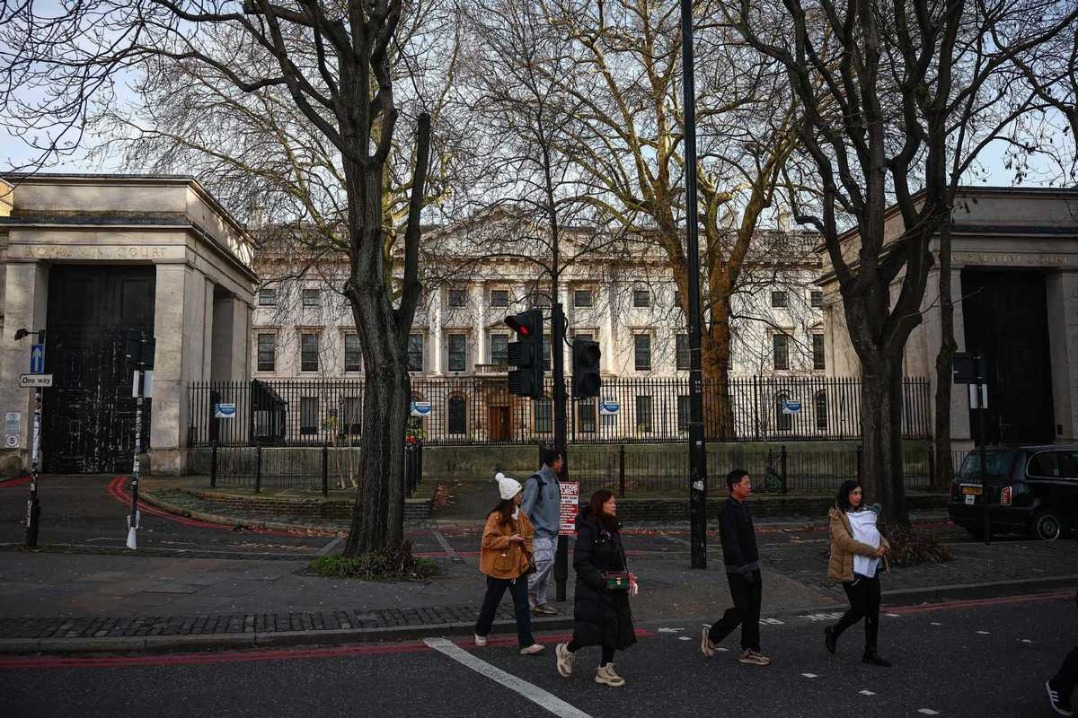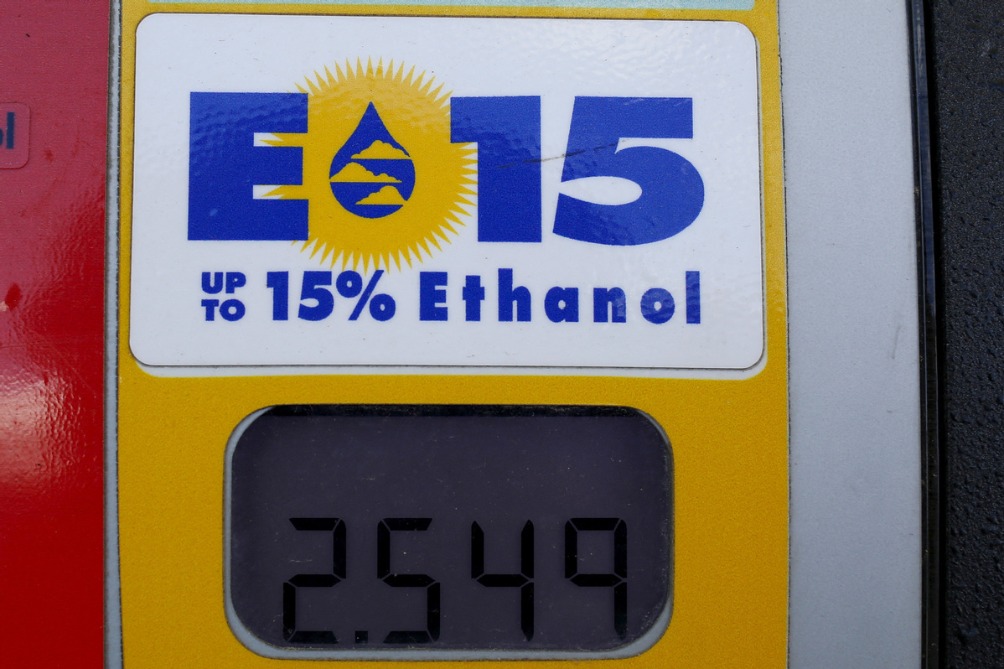French stocks, bonds dented by downgrade
Moody's cuts rating for 7 banks amid political chaos, growing national debt

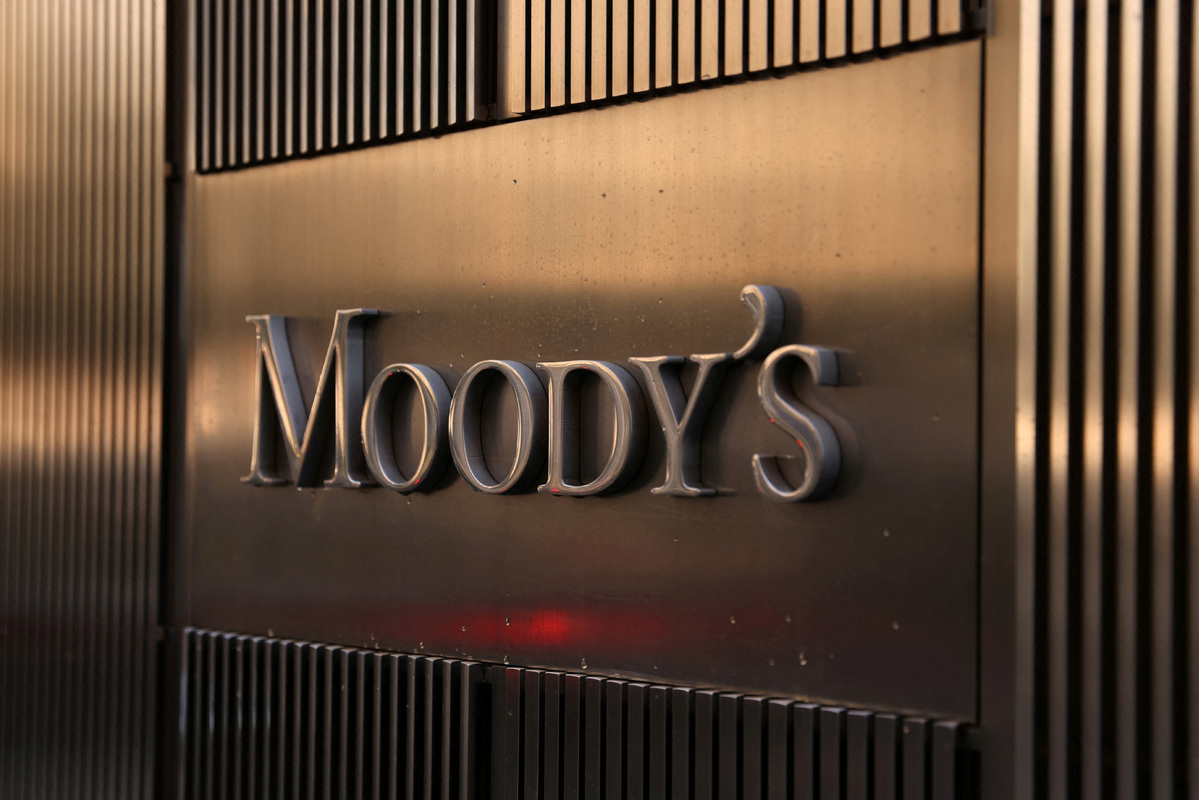
Moody's credit rating agency downgraded its assessment of seven French banks on Tuesday, after lowering its grading of the nation's economy overall on Saturday, from Aa2 to Aa3.
The double blow from one of the world's "big three" credit rating agencies led to a fall in the stock prices of several major French banks, with BNP Paribas down 0.97 percent and Credit Agricole dropping 0.84 percent on Tuesday.
Government bonds also saw declines, as a result of reduced interest from investors.
Moody's said it made the move because: "France's public finances will be substantially weakened over the coming years, because political fragmentation is more likely to impede meaningful fiscal consolidation."
It made the remark after Francois Bayrou took over from Michel Barnier as prime minister on Friday, and with Barnier's plan to introduce an austerity budget appearing to be dead in the water amid widespread opposition in parliament.
Moody's said: "There is now very low probability that the next government will sustainably reduce the size of fiscal deficits beyond next year."
The country increased its deficit by 6.1 percent of gross domestic product, or GDP, during 2024, which is significantly more than the European Union's mandated maximum of 3 percent per year.
Without Barnier's proposed budget, which called for less borrowing, more taxes, and reduced government spending, the nation's debt now looks set to climb higher than the current 3.23 trillion euros ($3.39 trillion).
That total debt, which is 112 percent of France's GDP, is the third-highest debt-to-GDP ratio in the eurozone and is only eclipsed by Greece and Italy.
Moody's downgrading reflects concern among investors that a government debt default would trigger a banking crisis throughout Europe, similar to the Greek meltdown of 2009.
After Moody's delivered its downgrading, lawmakers in France's National Assembly passed a rollover budget, which ensured the nation's public services will continue to function as they did previously, but which does not address the problem of the country's massive deficit.
France's President Emmanuel Macron appointed Bayrou after Barnier was ousted in a confidence vote on Dec 4, after both right-wing and left-wing parties opposed his budget, which included 60 billion euros of tax rises and spending cuts.
Bayrou, who is a close, centrist ally of Macron, is France's fourth prime minister this year and takes charge of a country that is politically deadlocked, after Macron called a snap election in June that had no clear winner.
Bayrou is working on a new budget that is set to be debated and voted on next year and that will need to please both parliament's left and right, and credit rating agencies such as Moody's if his future at the helm of the country is to be a long one.
earle@mail.chinadailyuk.com
















